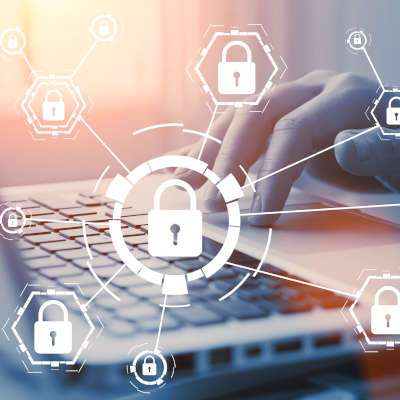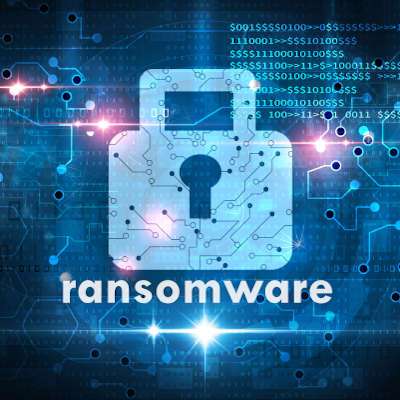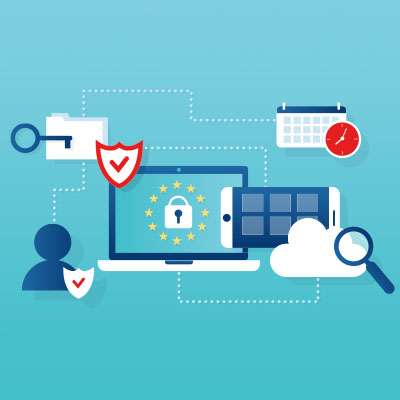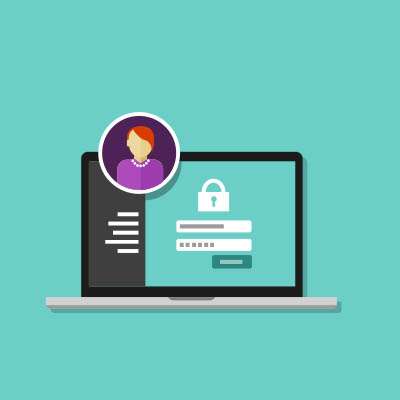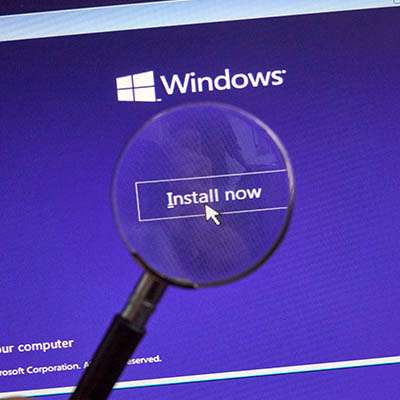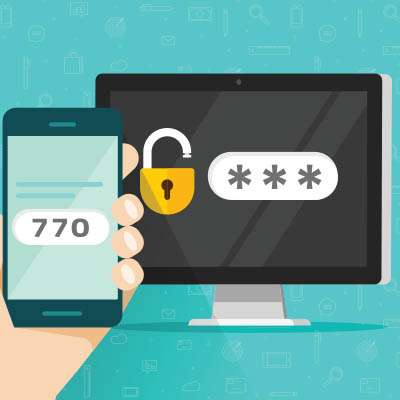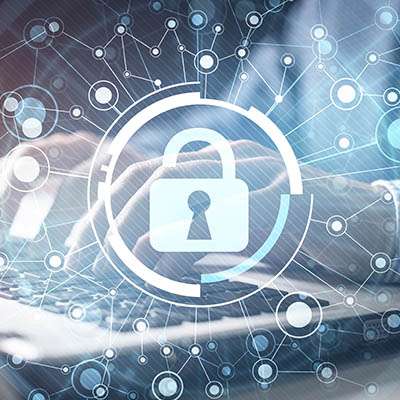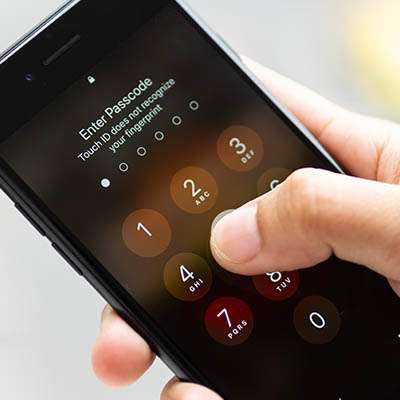At any given time, a business needs to consider its security, but this need only intensifies when its employees are working remotely. With the coronavirus pandemic very much still in play, the likelihood that your workers are in this situation has risen dramatically. In order to maintain your organizational security, you must consider the many factors that a remote workforce can introduce.
Macro Systems Blog
The rising popularity of ransomware has been disconcerting to many IT professionals, especially due to the different tactics that this malware variant has been spotted utilizing. In order to protect your business from these attacks, it helps to know how they work. Listed below is a beginner’s guide to ransomware types to help you identify and avoid them.
COVID-19, or coronavirus, has become a serious global health concern over the past couple of months. At this point, it is clear that this disease could have major impacts on the workplace. We wanted to offer a brief rundown of good workplace and network health practices, as well as a few pointers on how you can handle health-based employee absences.
There has recently been a general fascination with smart devices in the home and the office. These Internet of Things-powered appliances can help add to the convenience of rote tasks and other everyday activities, but is it actually a good idea to use them? Unless you’ve taken the proper precautions, maybe not.
Personal information is very, very valuable, especially in this increasingly digital modern day and age. This makes it incredibly imperative that you are doing everything you can to protect it in your business, whether it is your own or belongs to somebody else. Listed below are a few tips to help you better protect the data you’re responsible for.
As you manage your business, there is a lot that you’re going to have to oversee - including how much access your employees have to the data you have gathered and generated throughout your operations. An access management policy can help you to accomplish this. Listed below is a review of a critical features you need to include in your strategy.
Microsoft is retiring two of its most popular operating systems in just over a week; this shouldn’t be news at this point. Microsoft has frequently been reminding Windows 7 users that they need to upgrade before January 14 - including running a major campaign to do so - but there are still a quarter of all desktop users that haven’t upgraded yet.
Cybersecurity should always be a matter of great importance for a business, especially since cyber criminals are always evolving their tactics. As a result, it pays to keep an eye on the horizon for the next looming threats. Let's take a look at some few threats that cybersecurity professionals say that businesses should be concerned about in the near future.
Almost everyone utilizes Google in some way or another; the search engine is, by far, the most common way people get answers and find content online. Google currently handles about 90% of search queries, while the second and third place goes to Yahoo and Bing, who share just below 5% of the search market share.
Google curates the search results on the fly based on a lot of variables including where you are located, what type of device you are on, and your online surfing habits. This means Google is gathering a lot of information about how we use the web to give us a better experience. Below is a look at how you can control what Google knows about you to better protect your privacy.
Passwords can be irritating. However, they are also incredibly imperative to your organization's overall security strategy. We’ve all heard the suggestions on how to create secure passwords; as it turns out, there is more to modern security then that. Let’s explore a few options to help you create useful passwords, and take a look why passwords are only the beginning.
Automation is sometimes misinterpreted as being bothersome or as an unreliable addition to business. It’s not about replacing people's jobs with machines, it’s about getting more done with the people you have. Having an attitude that doubts technology and believes nothing can replace human processing can put you at a disadvantage compared to your competitors.
Facebook is a large part of daily life for many people. There are more than two billion active users; if you select any 4 random human beings from anywhere in the world, at least one of them likely logged into Facebook today.
It’s imperative to know that you still have control over your information, so in this blog we’re going to look at a few ways you can take control over your online identity on the world’s largest social network.
Chances are that you know what a URL is, but if you don't: it is the address of a website. It usually starts with “http//:” or “https://” and directs the Internet browser on where the user would like to surf. What you need to always be aware of is that these days a threat can be created by manipulating the URL.
To keep your organization's network secure from threats your software working effectively, patching the software it uses is absolutely imperative. The reason is that the threat landscape is constantly evolving. Recently, Microsoft announced that they have released an emergency out-of-band security update to fix two security issues, an atypical act for the software giant.
How worried are you with your organization's cybersecurity? When you envision your business in the future, do you see yourself constantly fighting cyberattacks, or paying ransom? Hopefully not, but what if cybersecurity turns into one of the hardest parts to maintaining a steady business? Below is a look into the future and hypothesize what your organization may need to do to defend against cybercriminals.
If you were tasked with looking up a phone number, calling a business, and navigating a new-to-you area, would you be able to without your smartphone? For some of us the answer will still be yes, but for a majority of us the answer is no. Smartphones have swiftly transitioned from a calling device to one of our most valuable tools. Shopping, navigating, video streaming, and an incredible amount of other capabilities are all at the palm of your hand.
The way a company approaches its network security is a very important consideration - especially to a company that is planning to have a future. This has contributed to cybersecurity becoming a multi-hundred-billion-dollar per year industry. In its short history, cybersecurity has had a significant impact on businesses, so it would be useful to go through some of the highlights of its deployment.
The big tech companies have influence. These organizations, which include Apple, Google, Amazon, and Facebook, have been in the spotlight more and more as the argument of data privacy has increased and become louder. Public sentiment is starting to blow back on their business model--and since, Yahoo, once the principal name in Internet-based services, was broken up and sold to Verizon for cents on the dollar after being at the center of the largest data breach in recorded history--there have been rumblings that there has to be something done to defend the public from major publicly-traded technology organizations that use individual’s data in ways that some deem unethical.

